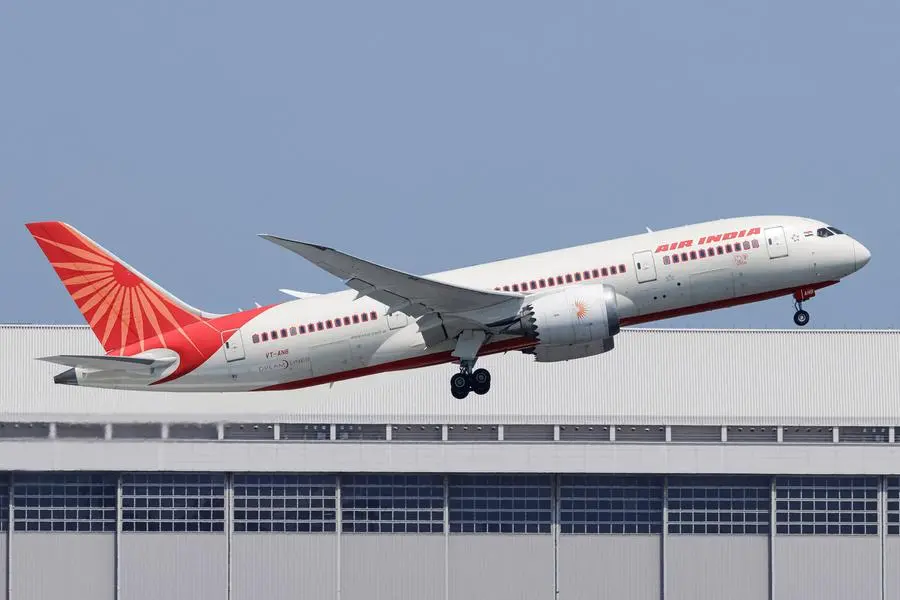The tragic Air India crash in Ahmedabad has not only claimed hundreds of lives but also dealt a severe blow to the airline’s ongoing turnaround strategy. Just as the Tata-owned carrier was beginning to show signs of recovery, this devastating incident raises questions about safety standards, operational oversight, and long-term investor confidence.
Air India had recently reported modest progress in narrowing financial losses and revamping its fleet and services. Strategic investments were being made to elevate the brand to compete with leading global carriers. However, the crash — involving a Boeing 787-8 Dreamliner en route to London — has cast a shadow over these efforts, reigniting scrutiny over both aircraft reliability and airline management.
Analysts now fear that public perception, regulatory investigations, and potential legal challenges could derail the airline’s forward momentum. With domestic rivals like IndiGo continuing to dominate the skies with operational efficiency and customer trust, Air India must now confront a dual battle — restoring faith in its safety record while continuing its transformation journey.
Industry insiders suggest that the coming months will be critical, not only for Air India’s branding and crisis management but also for its leadership’s ability to reassure passengers, stakeholders, and regulators. The crash underscores that in aviation, reputation is fragile — and rebuilding trust takes far more than financial investment.









